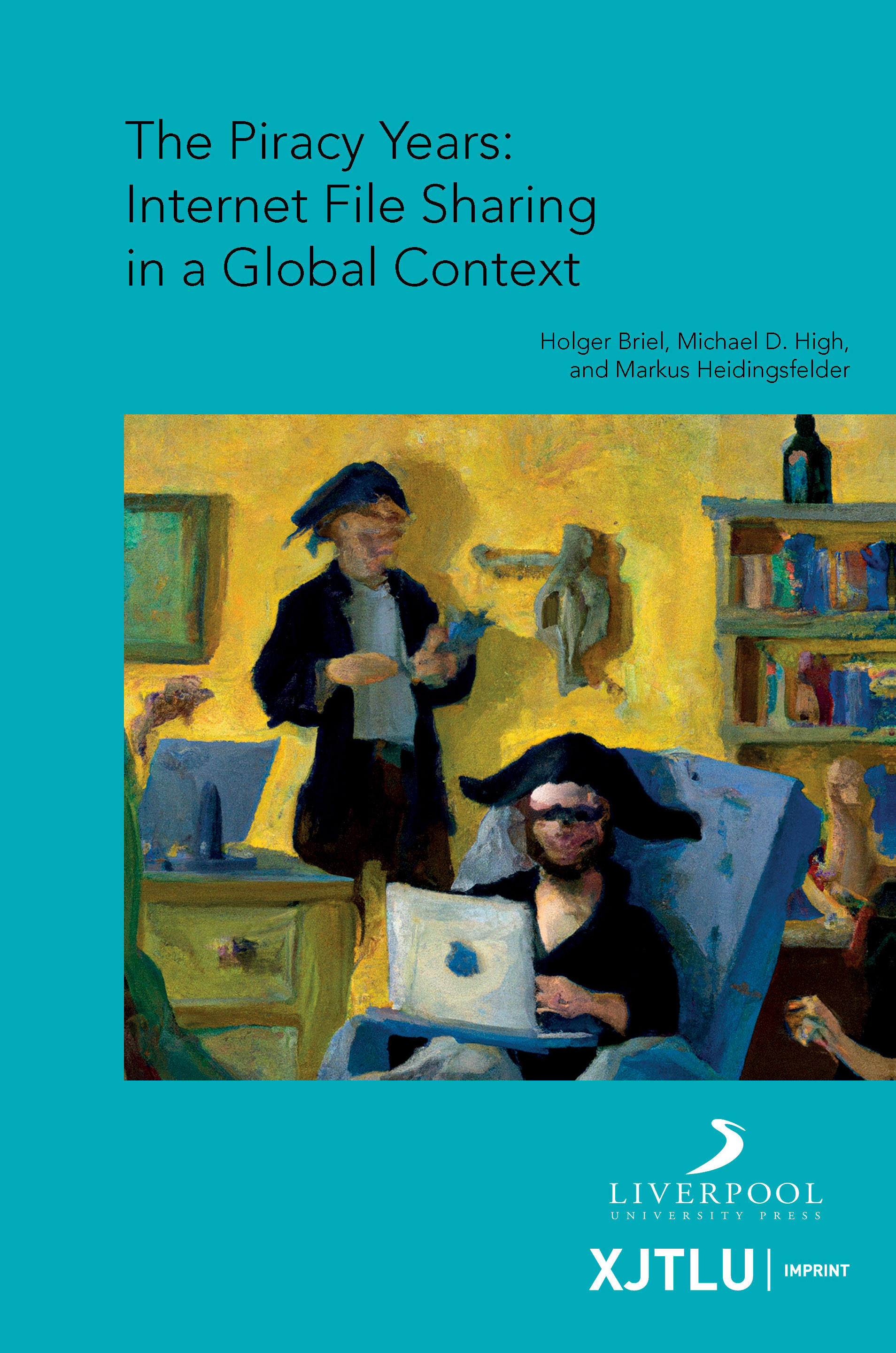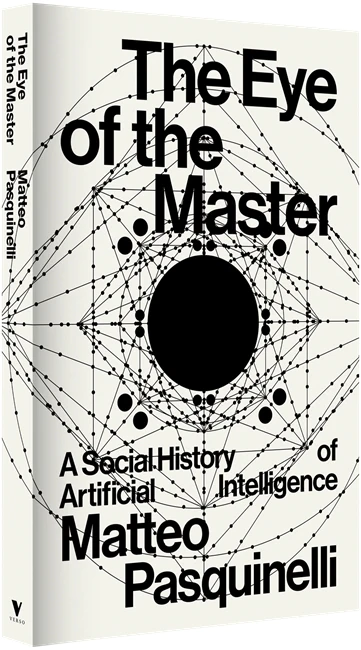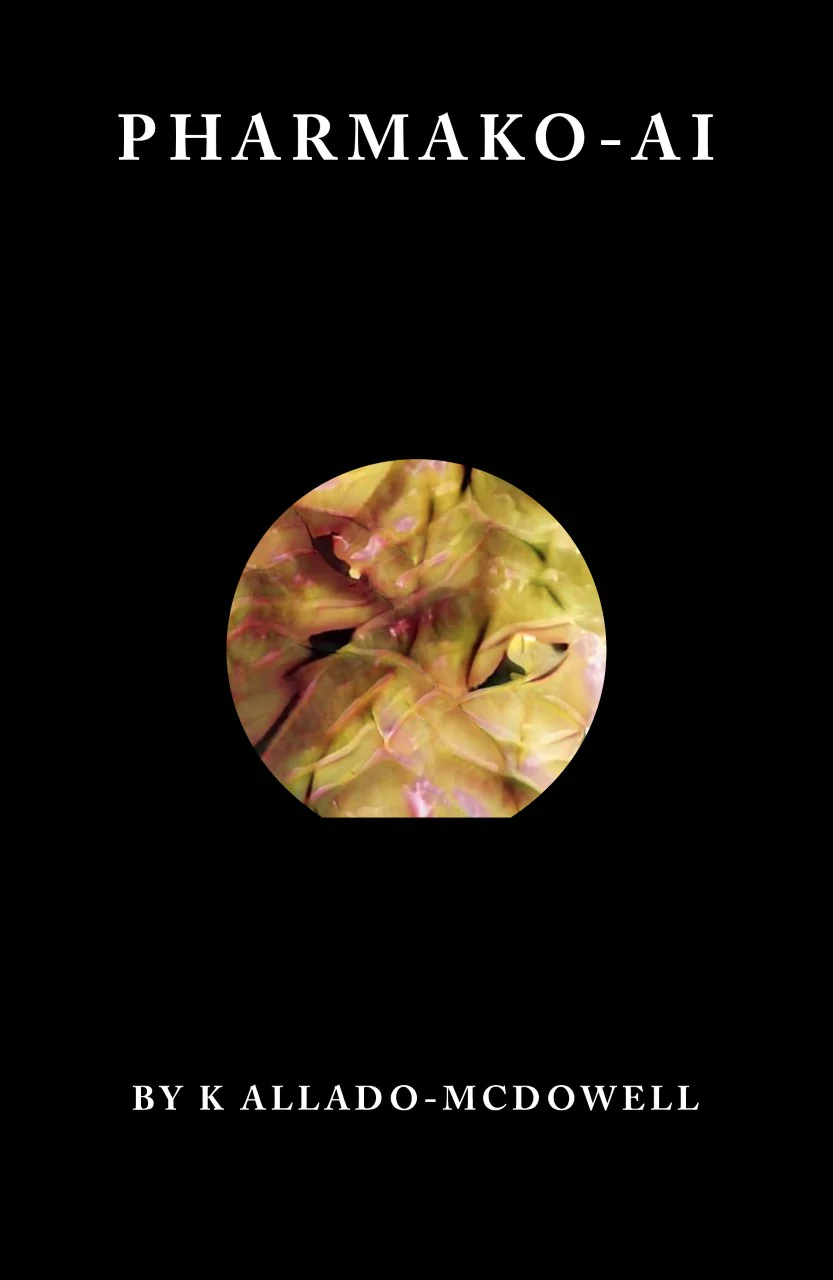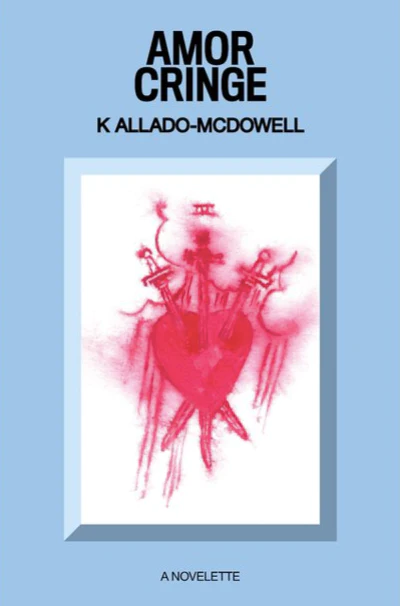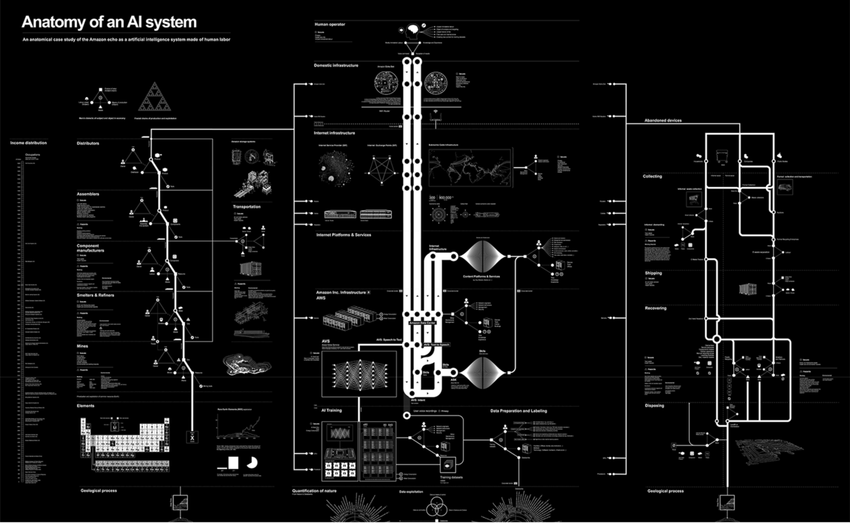30-Second Book Review. No.4: Why Have Book Reviews Become So Hypercritical?
 Thursday, April 25, 2024 at 8:24AM
Thursday, April 25, 2024 at 8:24AM 30-Second Book Review.
No.4
Why Have Book Reviews Become So Hypercritical?
Curious as to why book reviews today have become so hyper-critical, bordering on takedowns? This chain of articles dealing with books by Jia Tolentino and Lauren Oyler discussing the impact of the internet in the writing of literature provides a good overview of the situation.
There’s Lauren Oyler’s ‘Ha ha! Ha ha!’ from the London Review of Books of January 2020.
Rachel Cooke’s review of Oyler’s No Judgement from the Guardian newspaper of 19 February 2024.
And Richard Joseph’s ‘Everyone’s a Critic’, from the Los Angeles Review of Books of January 13 2022.
In a nutshell, as the literary world shrinks and becomes even more competitive, writers need to find other ways of setting themselves apart from their rivals. Attending Oxbridge or the Ivy League is no longer enough - they all did that. So they have started to divide themselves up into high and middle brow by correcting references to Donna Haraway and the classics.
The takeaway? To build on a line of Joseph’s, what these reviewers are saying to the authors under review is: ‘you’re not special … but I am’.
Although I’m also mindful of Vilém Flusser’s point in Does Writing Have A Future, that the ‘words critique and criminal come from Greek krinein and Latin cernene, which mean something like “break” in the sense of “break apart” or ‘break the law”. ‘To read a text critically’ here, then, ‘is to take the writer to be a criminal’.
 Gary Hall | Comments Off |
Gary Hall | Comments Off | 